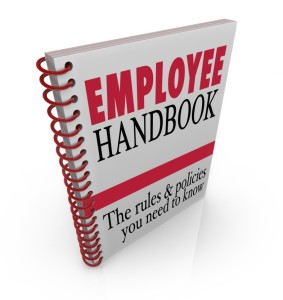As the owner of a corporation, LLC, or other business, you want employees on your team who improve efficiency and increase profits. However, as cautious as you may be during the hiring process, there is always the chance that an employee may become a problem. In some cases, talking to an employee and discussing an issue can result in them changing their behavior for the better. In other cases, behavior may get worse. You may be getting complaints from your customers, vendors or even other employees. In such cases, it may be best to terminate the employment relationship.

Often, the problem is that not many people take getting fired lightly. While California is an “at-will” employment state, meaning employees can be fired for any legal reason (e.g., non-discriminatory) or no reason at all, many people get angry and look for a reason to hold the business accountable for their job loss, even if it did nothing wrong. For example, if you excuse a male employee for being late regularly yet fire a female employee for tardiness, you may be accused of sex discrimination. Allegations of discrimination, harassment, retaliation, and wrongful termination can be made. Even if such allegations are unfounded, you could have to spend valuable time, energy, and money defending against these claims.
The experienced employment law attorneys at Structure Law Group, LLP can help you establish employment practices and employee handbooks that will allow the employment process to run more smoothly. The following are some things to consider when firing a problem employee:

 Business Lawyers Blog
Business Lawyers Blog










